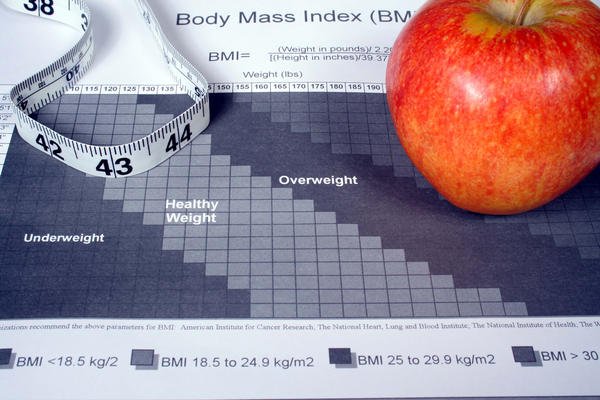
Mathematician Nick Trefethen claims that those who are short of stature may be fatter than they thought.
Oxford academic Nick Trefethen believes the body mass index (BMI) formula traditionally used to work out if someone is overweight is flawed – and he has come up with his own.
And he found short people are actually more overweight than they think they are, while tall people are not as overweight as they are being told.
Prof. Nick Trefethen says the existing formula falls down because it underestimates how much natural bulk taller people have.
As a result, it overestimates how well-padded short people should be. By his theory, singer Lily Allen, who is just 5ft 2in, is not as slim as she might be led to believe.
While his calculations tip the scale in favor of model Sophie Dahl, who stands 5ft 11in. The BMI formula is used by doctors up and down the country to work out if someone is overweight or obese and so at risk of problems from high blood pressure to heart disease.
A BMI of between 18.5 and 24.9 is normal. Less than 18.5 would see a person classed as underweight, while 25 to 29.9 is considered overweight.

A mark of 30 or above means a person is obese. It is calculated by dividing weight in kilograms by height in metres squared and tells someone if they are of a healthy weight, underweight, overweight or obese.
But under Prof. Nick Trefethen’s new version, the weight in kilograms is multiplied by 1.3. The answer is then divided by a person’s height to the power of 2.5, rather than height squared.
The professor insists his formula is far from simply an academic exercise – as the results could affect millions of people.
Roughly speaking, each person 6ft tall would lose a point from their BMI reading. Those who are 5ft, however, would see the new formula add a point – enough to send them from being merely overweight to obese.
Experts already question the use of BMI as an indicator of health as it fails to distinguish between muscle and fat and can lead to athletes at peak fitness being deemed obese.
Prof. Nick Trefethen said it would be wrong for him to push for his formula to be adopted, but he says the NHS should justify its use of the current calculation.
He said: “The NHS relies on the BMI pervasively in all of its public discussions of obesity. We deserve an explanation of what justification they have for using this formula.”